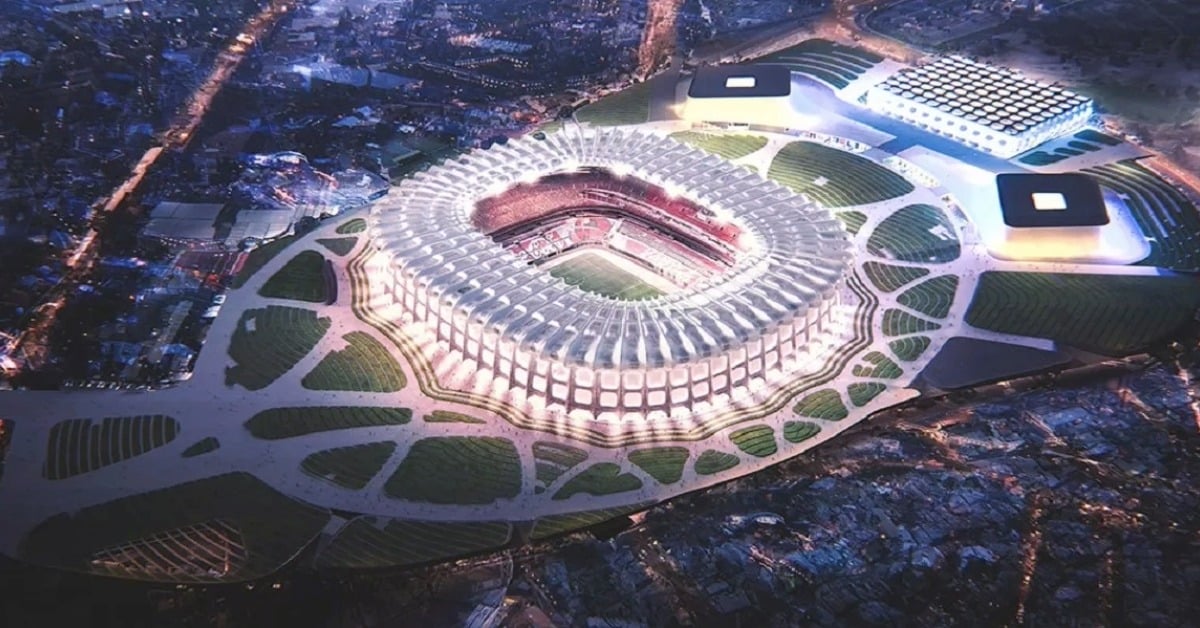The North America gears up for World Cup 2026 as Mexico, the U.S. and Canada launch high-level talks on security, visas, and the June 11 opener at Estadio Azteca . . .


The North America gears up for World Cup 2026 as Mexico, the U.S. and Canada launch high-level talks on security, visas, and the June 11 opener at Estadio Azteca . . .
